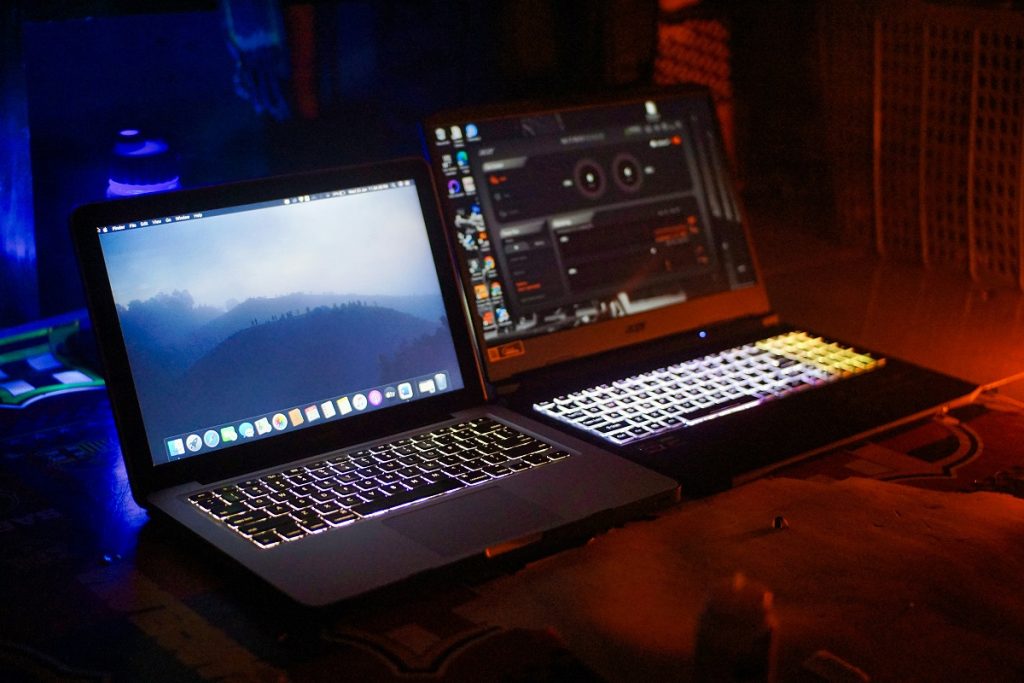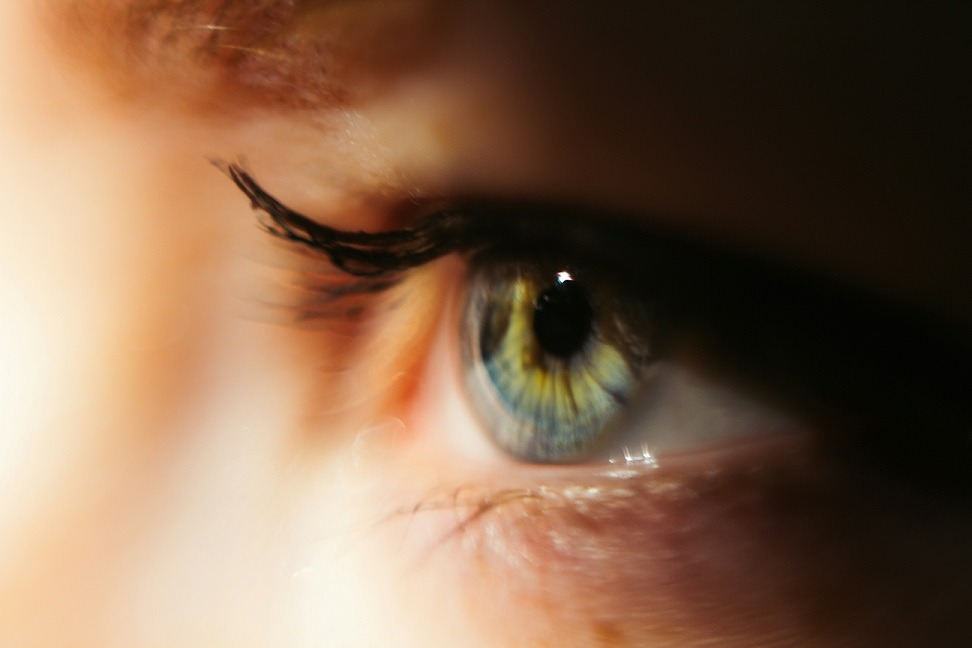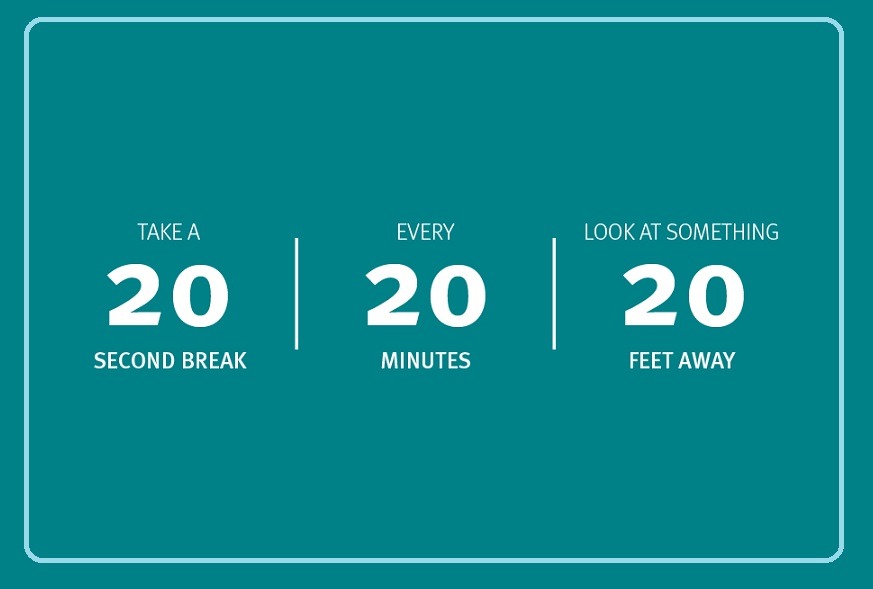
Is Blue Light Bad For Your Eyes?
Is blue light bad for your eyes? That question matters more today than ever. Blue light is part of the visible light spectrum. It’s a high-energy light that comes from both the sun and digital devices like your computer screen, tablet, or phone.
While not all blue light is harmful, too much exposure can affect your sleep cycle, eye health, and may even increase the risk of age-related macular degeneration. Research from major eye health organizations like the AAO and Canadian Association of Optometrists agrees that while artificial blue light is unlikely to cause permanent damage, it does lead to digital eye strain, fatigue, and poor sleep when overexposed.

How Blue Light Affects the Eyes
Your cornea and lens help filter light before it reaches your retina. But they don’t block high energy blue light well. That means more light hits the retina over long periods of time.
Possible effects include:
- Dry eye and irritation
- Blurred vision
- Symptoms of digital eye strain
- Disrupted circadian rhythm and sleep
If you’re already wearing single vision glasses for distance or reading, or progressive lenses for all ranges of vision, adding a blue light filter may improve comfort during screen use. Even bifocal lenses or prescription safety glasses can include blue light protection for work environments.

Common Sources of Blue Light
Most people associate blue light with screens, but it’s everywhere—both indoors and out. Understanding where it comes from helps you manage your exposure.
- The sun (main natural source of blue light)
- Smartphones and computers
- LED lighting and TVs
- Tablets, gaming monitors, and smart TVs that are often viewed at close range
Is Blue Light Really Dangerous?
Short answer: not always, but excess exposure over time can be.
- It increases the risks of eye fatigue and strain
- May contribute to macular degeneration as we age
- Affects sleep quality by lowering melatonin
If you’re outdoors often, prescription sunglasses or transition lenses can reduce overall light sensitivity and glare, while filtering high energy blue light naturally.

How to Protect Your Eyes
At Not Another Eye Store, we help clients choose lenses that reduce strain from long screen hours while supporting better visual clarity across different environments.
-
Follow the 20-20-20 rule: every 20 minutes, look at something 20 feet away for 20 seconds
-
Reduce screen time before bed
-
Use blue light filters or glasses
-
Keep screens clean and glare-free
-
Adjust lighting to reduce eye strain
Try Prescription Blue Light Glasses
If you spend long hours on digital devices, we recommend getting a pair of blue light glasses with prescription or non-prescription lenses.
Want to upgrade your current eyewear? We can replace lenses in your existing frames with high-quality blue light filters.
Want a breakdown of lens designs that reduce strain? Read our guide on what are progressive eyeglasses.

Does Blue Light Exposure Really Matter?
So, is blue light bad for your eyes? Yes, when you’re exposed for long hours—especially through digital devices—it can affect your vision, disrupt your sleep cycle, and increase fatigue.
Take steps to protect your eyes. Your future self will thank you.
FAQ - Is Blue Light Bad For Your Eyes
There’s no strong evidence it causes permanent damage in normal amounts, but long exposure can strain your eyes and impact long-term eye health.
Yes. Blue light can trigger digital eye strain, leading to headaches, dry eye, and blurry vision, especially with high screen time.
The blue light from the sun is much stronger, but you’re not staring at it close-up for hours. It’s the long exposure from screens at short distances that matters most.
They can help reduce glare, improve contrast, and ease strain. They don’t block all blue light but do help during extended computer screen use.
Use filters, limit screens before bed, follow the 20-20-20 rule, and wear blue light filtering glasses if you work on screens often.